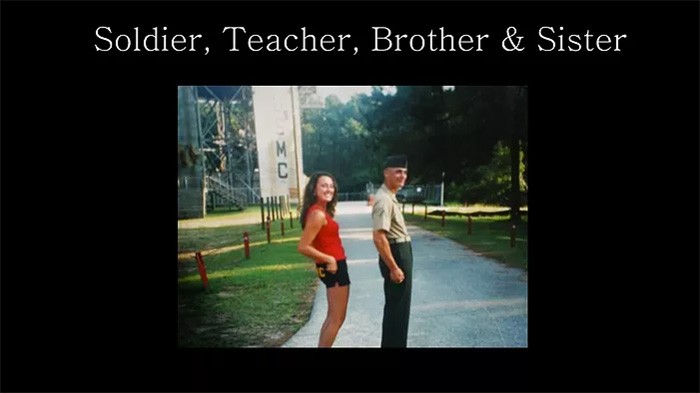When I chose to start this blog, I did so with the intention of creating change in education.
I also did so knowing that my every word has the potential to be scrutinized, positively received, or completely misinterpreted. I am ok with that. I am comfortable with being honest and speaking my truth.
People who know me, know that I will always operate out of a place of kindness and doing what is right for kids. I’m open to making mistakes and learning from them. I also care enough to not sit by without speaking up and speaking out so that people consider different perspectives and ways of work when it comes to education.
As we celebrate this Memorial Day and honor all of the soldiers and families that have given it all, I couldn’t help but think about the different ways that our society views and responds to soldiers than it does to our teachers. Yes, I’m very aware of the differences of the jobs. But if we consider how vastly different people’s opinions are on war and politics, yet we all seem to agree that we appreciate and respect the effort and sacrifices that soldiers make. There is no definition of a ‘bad soldier’ in most of our eyes, which raises some questions for me when we consider how judged and under-appreciated our teachers have become.
It happens daily with some people not even being aware that they are doing it. When parents post demeaning comments on social media. When the news media implies that teachers are the reasons our schools are failing. Or even in day-to-day conversations. (You can already hear them starting with the which teacher their kids have gotten for next year comments.)
I am fortunate to work at a school where I don’t receive much negative judgment from my parents and even luckier with the families who have enrolled with Indi-ED for next year. However, I am not naïve to insinuate that it doesn’t happen nor to understand that the judgment isn’t one sided. I know that administrators judge teachers, I know that teachers judge parents, and I’ve seen firsthand how teachers maliciously judge each other.
It boggles my mind how as teachers and adults, that we are expected to appreciate each of our student’s or childrens’ differences, to compliment and build them up, and to focus on their strengths; yet so few adults choose to have that same mindset when thinking and talking about other adults. What if as parents and teachers we chose to have that same level of patience, an attitude of not pointing fingers but hearing the person’s perspective, of empathy and understanding their situation in order to resolve an issue?
Teachers, I realize our time is short, but I can tell you that it has made such a difference in the relationships that I have with my student’s families when I take a few minutes to shoot them an e-mail to tell them not only about their child if they do something amazing, but to just take a second to genuinely tell them that I appreciate their efforts as parents.
And parents, I can absolutely tell which family speaks positively about me in front of their child and which family does not. The level of respect that you convey for me at home, shines through in your child at school.
Not only should we be on the same team when it comes to your child but when it comes to life in general.
Parents and teachers, I challenge you to check your own thought patterns and how you speak about our teachers and each other.
Society, I challenge you to consider how you think about and treat our teachers. They may not be your soldiers that are physically going to war, but I guarantee you that these care takers go to “battle” every single day for our nation’s children and deserve to have the same level of respect and admiration that we bestow upon our soldiers.
This is not an issue of one being better than the other (as you can see from the picture, my brother is a soldier and I am a teacher, and I think we both grew up to be equally stellar humans) but simply an issue of identifying our perceptions and how they can impact real humans.
This NY Times article did a great job illustrating similar sentiments with some facts and figures to back it up. Entirely worth the read.


